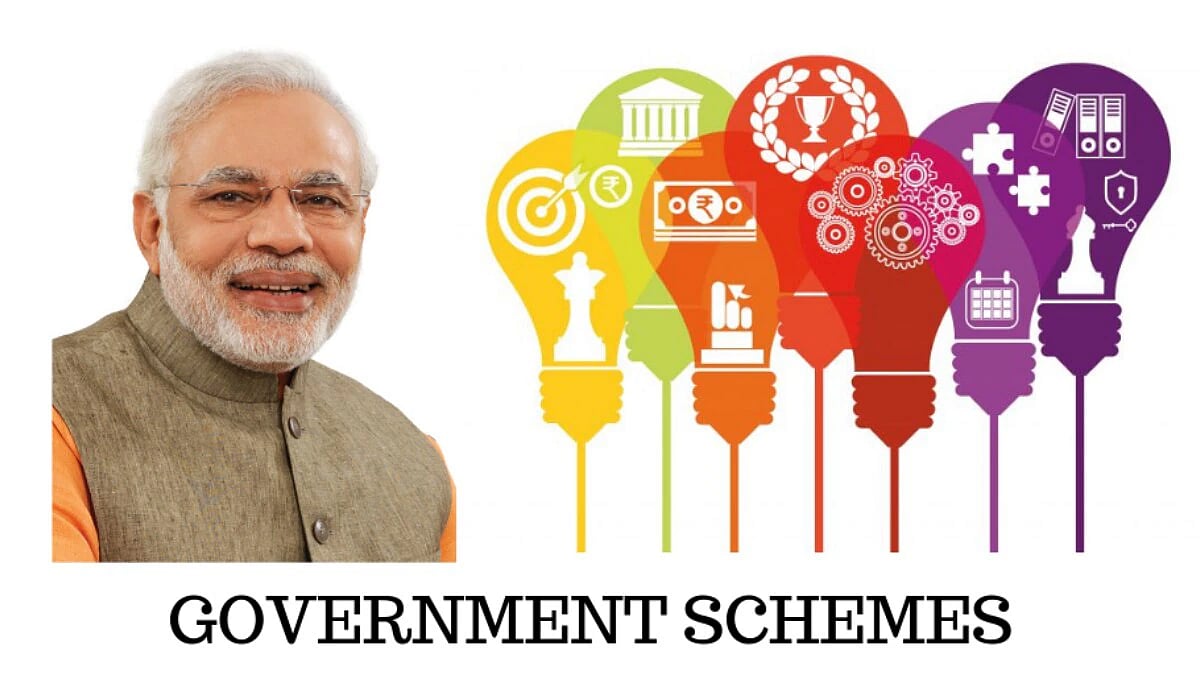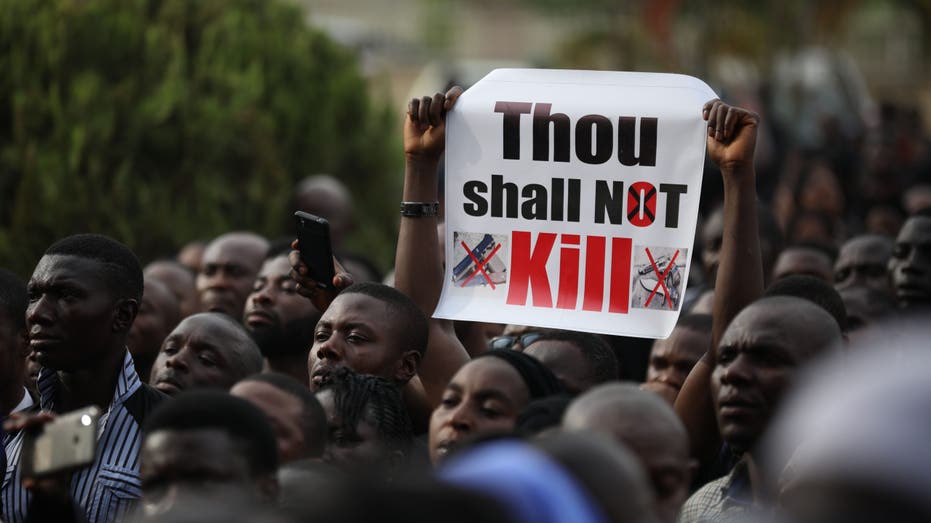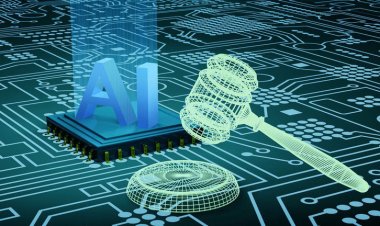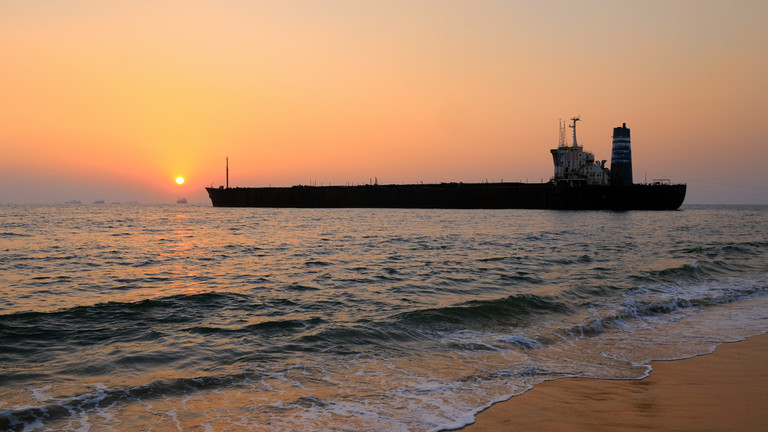Why 2024 Assembly elections are crucial for the future of Kashmir
The three most important issues that will possibly decide J&K’s future are: the authority of the Lieutenant Governor under the new set up, the question of pending statehood, and the participation of former separatists and pro-Pakistan elements in the ongoing elections
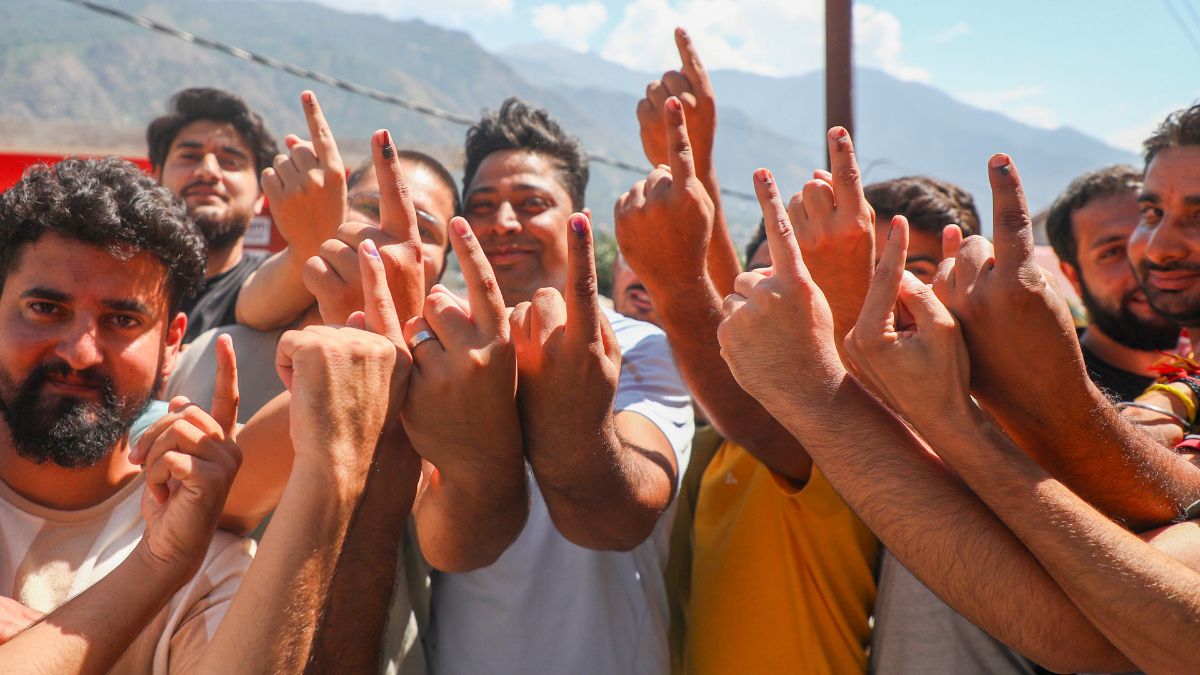
As Jammu & Kashmir votes for the second round of the three-phase Assembly elections, there’s a heightened sense of relief, optimism and hopefulness. The last time the Assembly elections were held in J&K was in 2014. The elections then had resulted in the formation of a coalition government between the People’s Democratic Party and the Bharatiya Janata party, which for many analysts was a strange coalition given that the two parties had diametrically opposite ideologies or political programmes. The coalition soon proved to be unstable and finally broke in 2018 when BJP withdrew support from Mehboob Mufti’s government. The state then came under the governor’s/presidential rule.
A year later, the Narendra Modi government scrapped the special status for J&K. It de-operationalised Articles 370 and 35A on August 5, 2019, taking away all the degree of autonomy that the former state of Jammu & Kashmir had enjoyed for long. Abrogation of Article 370 was long overdue for the BJP as it formed an important element of its core ideology. Additionally, the state was bifurcated into two union territories of Jammu and Kashmir and Ladakh under the Reorganisation Act, 2019, which came into force on October 31 the same year. However, the union territory of Jammu and Kashmir was established with a legislative assembly of its own. The ongoing 2024 Assembly elections are thus first of its kind for the UT of J&K.
The Assembly elections might prove to be a watershed moment for the politics of Jammu and Kashmir. The three most important issues which will possibly decide this future politics are: the authority of the Lieutenant Governor (LG) under the new set up, the question of pending statehood, and the participation of former separatists and pro-Pakistan elements in the current elections.
In the new set up established under the 2019 reorganisation act, the LG, who is appointed by the Centre, will have powers over some of the critical areas of administration in the union territory. The LG will enjoy powers over public order and police, bureaucracy, financial matters and the Anti-Corruption Bureau. This will effectively deprive the Assembly or elected government from control over these areas. A power tussle between LG and Assembly or elected government will be set in motion which will not only impact the smooth governance in the UT but has implications on relations between the Union and the UT of Jammu and Kashmir. NC leader and former chief minister Omar Abdullah has already expressed his concerns over this issue.
Second important issue is the question of full-fledged statehood for Jammu and Kashmir. The Central government and the top BJP leadership have time and again promised the restoration of statehood to the people of J&K. Last week, Prime Minister Narendra Modi promised statehood to an enthusiastic crowd of supporters in Srinagar. Almost all regional parties have made it a poll issue now. However, both the question of statehood as well as the structure of it is partly going to be decided by the outcome of the 2024 Assembly elections.
As of now no clear predictions can be made about the performance of different political parties in the elections. However, the delimitation exercise which was carried out in 2022, the extension of job reservations to Pahari ethnic group and other communities by the Central government, holding of elections after a gap of 10 years and finally the participation of former separatists or militants who make up a good number of some of the more than 350 odd independent candidates in the election fray, will have some bearing on the outcome and might disturb the hitherto voting patterns in Jammu and Kashmir. If the BJP manages to emerge as the largest party and takes lead in the formation of government, the question of restoration of statehood and its structure will be left to the mercy of the Central government
In case the NC-Congress alliance or some other regional formulation comes to power, a process of negotiations between the UT and the Central government will be set in motion regarding the contours of the restoration of statehood to Jammu and Kashmir. Since there is no legally binding timeline which such restoration should take place, it might take longer than many of us in J&K currently imagine. As for Article 370, it has almost become a settled question now: There is hardly any serious talk about it in the ongoing election campaigning.
Finally, what is most unprecedented in the 2024 Assembly elections is the participation of former separatists, religious leaders, militants and Jamaat-e-Islami cadre who make up a significant chunk of more than 350 independents currently in the election fray. Former militant and JKLF leader Farooq Ahmad Dar is contesting on a Samajwadi Party ticket. Prominent JeI-backed candidates are Seyar Ahmad Reshi, Talat Majid, Dr Kalimullah Lone, etc. The daughter of Sarjan Barkati, who led virulent anti-India campaigns in South Kashmir in the wake of Burhan Wani’s killing in 2016, is also contesting the elections.
Others are joining mainstream parties and contesting on their tickets. The return of these political forces to electoral politics might lead to the ‘overturning of the 1987 moment’ in the history of Kashmir. The 1987 assembly elections which were allegedly rigged in favour of the NC-Congress alliance, had witnessed the participation of Islamists, pro-Pakistan elements and religious groups under the banner of the Muslim United Front. This was the last time the currently banned Jamaat-e-Islami participated in the electoral process. This was also the last time that the separatist leader Syed Ali Geelani took part in elections. Syed Salahuddin who later became a militant leader and now heads the United Jihad Council in POK had also contested in 1987 elections from Srinagar. But the alleged rigging of the elections seemed to have shaken their faith in the electoral process. What followed next was the rise of violent unrest and militancy, leading to a large number of Kashmiri Pandits leaving their homes in the Valley.
So the participation of former separatist elements or JeI in the elections is a great opportunity for New Delhi to capitalise on. While there is no guarantee of their success in the current elections, they should be given a fair opportunity to participate and reach out to their constituencies. Their faith in the system should be restored and their participation in the elections holds a huge potential for the peace and progress of Kashmir. If they are embracing democracy, this is in the interest of New Delhi and the people of Kashmir.












